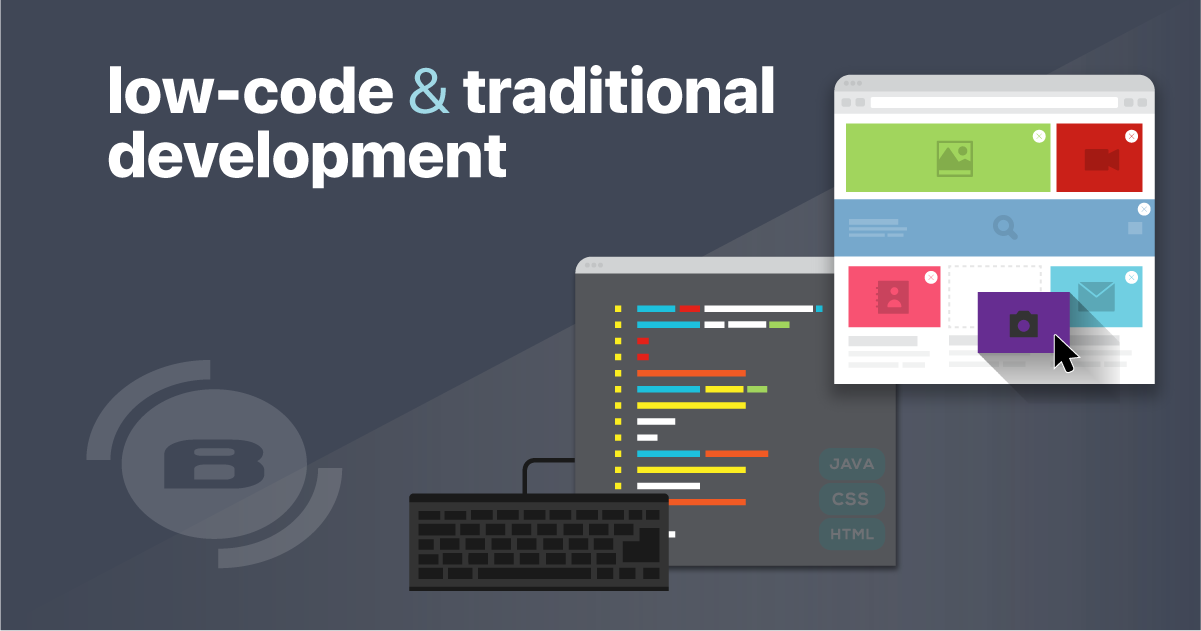
Well, by now you must be aware or have heard of this term. Low Code Development is becoming more and more popular in IT Industry these days.
Its no longer the norm when you need to write huge wracks of code to get the enterprise application running to solve a business problem.
Imagine this way, when apple manufactures laptops, do you think, it builds every part of it from scratch. Not at all, that way it would drastically reduce their efficiency and would require more infrastructure. What they rather does, for example, will get the graphics card from NVIDIA and the motherboard pcb from PCBWay and the the CPU from Intel and then assemble and sell it faster.
In a similar way, when we plan of serving businesses with technology, we don't start building individual applications. Companies today use multi vendor applications which are integrated with each other through APIs to run a business at large.
For example,
Lets say XYZ is a company. It wants a ecommerce site, a Sales platform, a Marketing platform and an Inventory Tracking platform.
What companies like XYZ will do today is get ecommerce setup through drag and drop tools like Magento, Drupal, Adobe Marketo or Shopify.
For Sales, they will probably look forward to Salesforce or Microsoft Dynamics CRM.
For Service, they will get to Zoho, Freshdesk, Salesforce.
For Inventory they might look up to SAP and HANA.
For marketing they might look up to MailChimp, or Adobe Campaign or Salesforce Marketing Cloud.
For Chat Applications, they might get Twak, or Intercom.
For Analytics they might get Tableau or Google Analytics.
And then get it done with companies like Accenture or Cognizant who will tie all these together with the help of their inhouse Teams who are specialised on these technologies.
Low code does not mean No Code. Its just that some functionalities are received through drag and drop, some through inbuilt functionality while some through custom code.
In this way developers can now focus on business logic and client needs and less on basic building blocks.
Thus, you will come across software development platforms like Salesforce. These have programming languages too which are specific to their platform like Visualforce and Apex, Adobe Campaign will have Javascript, SAS has its own language so does Tableau.
Comments
Post a Comment